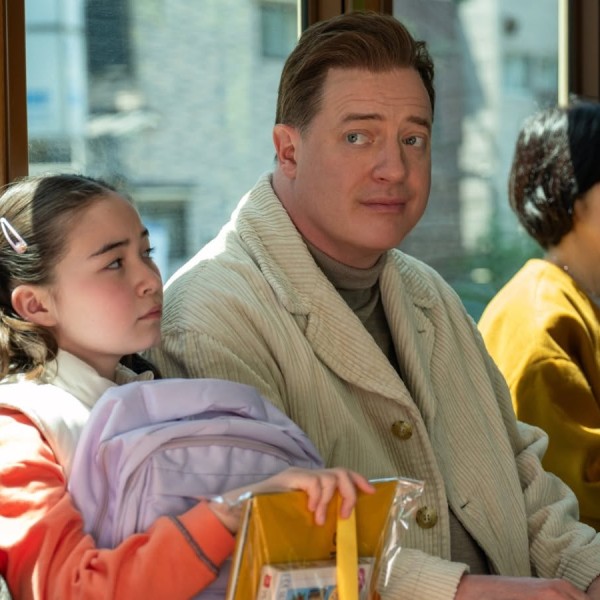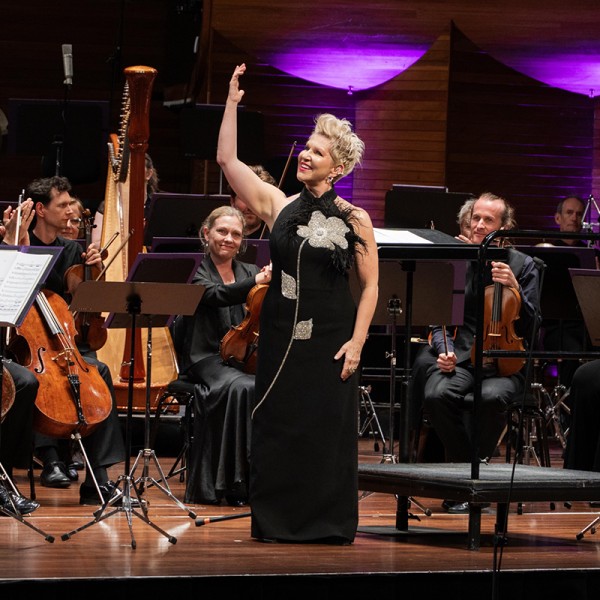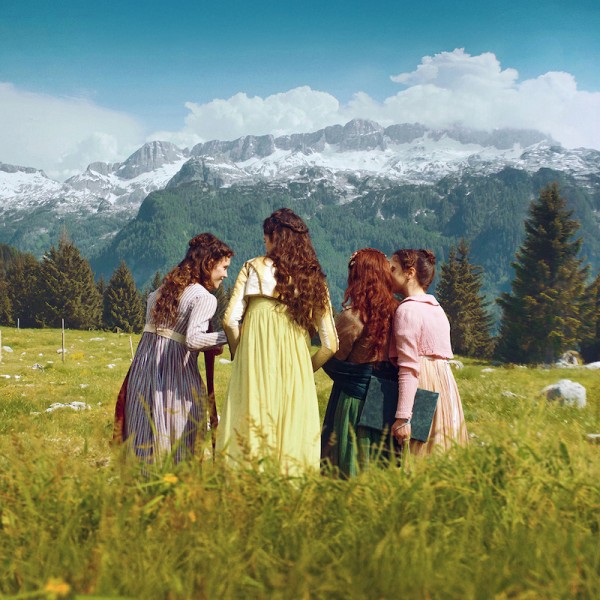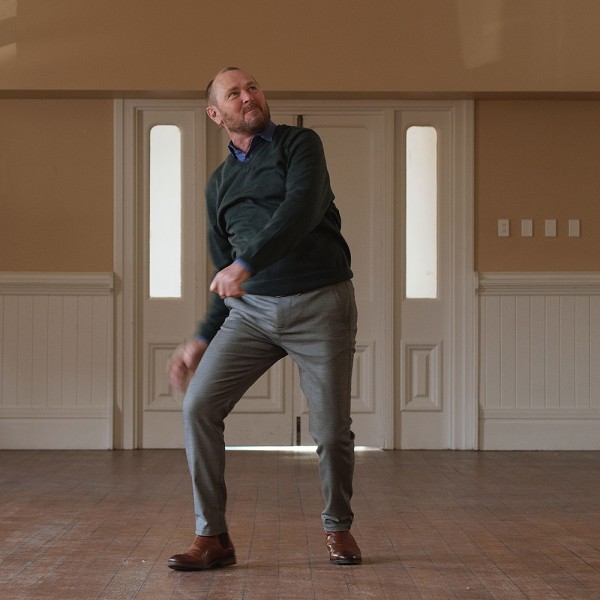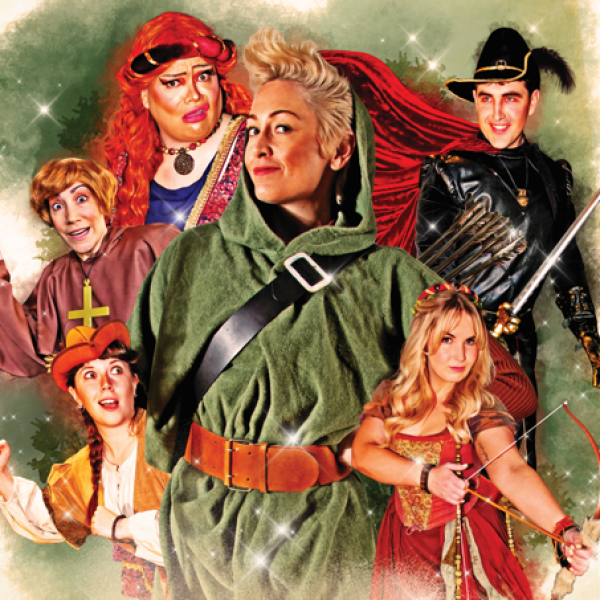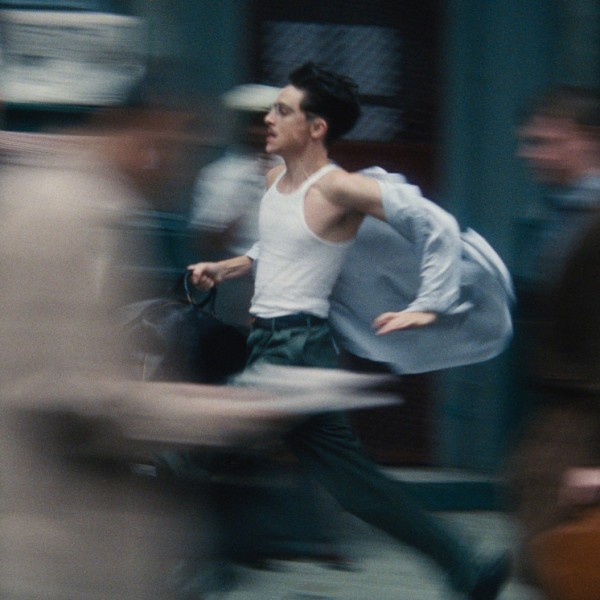
If you want to be stressed for two hours and 29 minutes then step right up for Marty Supreme, director Josh Safdie’s new film starring Timothée Chalamet that feels like watching the final moments of a heated sports match the whole time.
An American sports dramedy, Marty Supreme smashes onto the screen in a rapid, topspin shot that lands viewers right into the thick of it. Marty Mauser (Chalamet) is on the up and up, or so he says. He’s America’s current ping pong star, or at least he will be when he wins the British table tennis open in a few days’ time. Wily, scrappy, angry, delusional, cocky, arrogant, and with a dream that no one respects but he doggedly believes in, Marty goes to Hell and back again in the pursuit of greatness – never mind the chaos he leaves in his wake to get there.
With camera movements that travel at warp speed and music sequences that change faster than a ping pong ball swaps courts, Marty Supreme is designed to keep you on the edge of your seat and gasping for breath. Cinematographer Darius Khondji employs a handheld style and tilted angles to keep viewers unsettled while the distinct grain and rich filter – paired with a meticulously crafted period aesthetic by designer Jack Fisk – unmistakably roots the story in the 1950s. Meanwhile, editors Ronald Bronstein and Safdie keep the tension high with the quickest cuts in the west. Composer Daniel Lopatin (aka Oneohtrix Point Never) crafts a score that captures both the feeling of the time and the seesawing story with a soundtrack comprising original music and 50s hits. Sound is constant; with never a moment of silence and continuously changing music, viewers have no time to catch their breath. Always building in momentum, the score captures Marty’s mental unravelling as imminent chaos closes in and his life becomes increasingly frenetic.
As someone who isn’t the biggest Chalamet fan, I must give him credit where it is due. With mile-a-minute dialogue and a complex, high-strung character, he makes every action seem intentional yet unpredictable. Gwyneth Paltrow and Odessa A’zion also deserve praise in their supporting roles. As for Bronstein and Safdie’s script – game, set, match.





